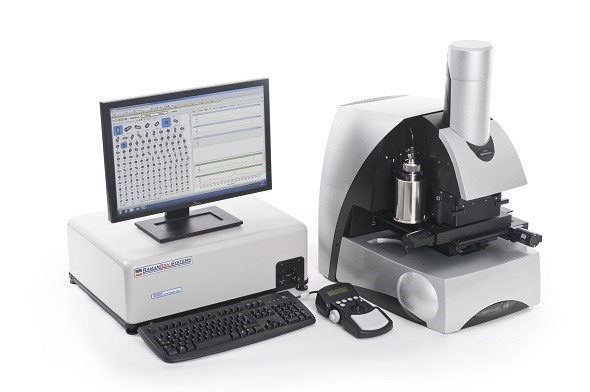A new whitepaper from Malvern Panalytical on Oral Solid Dose (OSD) deformulation demonstrates how the analytical technique of Morphologically Directed Raman Spectroscopy (MDRS) can be used to accelerate the development of generic products to a successful conclusion.
Deformulation, the unpicking and investigation of a reference labeled drug (RLD), enables generic developers to understand the features of a product that define its clinical performance. “Accelerating the deformulation workflow for oral solid dosage forms” reviews the current regulatory landscape associated with generic development and considers the workflow for preparing OSD product Abbreviated New Drug Applications (ANDAs). Case studies demonstrate the breadth and value of the information generated by MDRS within this context. 
Malvern Panalytical’ new whitepaper highlights the value of the Morphologi G3-ID in deformulation studies and generic development.
MDRS enables component specific data to be obtained for multi-component samples and is made possible by the capabilities of systems such as the Morphologi G3-ID from Malvern Panalytical. This instrument combines automated analytical imaging, which can be used to gather statistically relevant size and shape data, with Raman spectroscopy, which enables component identification. The case studies in the whitepaper show how MDRS can be applied to efficiently identify and quantify the components in an RLD; determine the polymorphic form of the active pharmaceutical ingredient; and to gain insight into the manufacturing methods employed. Such information supports successful deformulation and the development of generics with well-understood performance and robust bioequivalence.
Download the new whitepaper at https://www.malvernpanalytical.com/en.
For more information about MDRS visit https://www.malvernpanalytical.com/en/.
Malvern Panalytical, Malvern Panalytical and Morphologi are registered trademarks of Malvern Panalytical